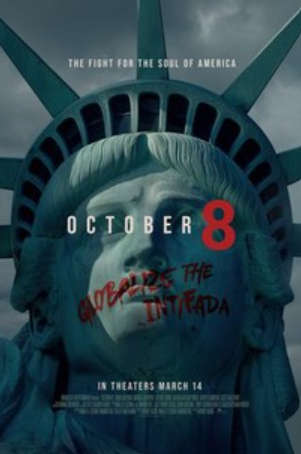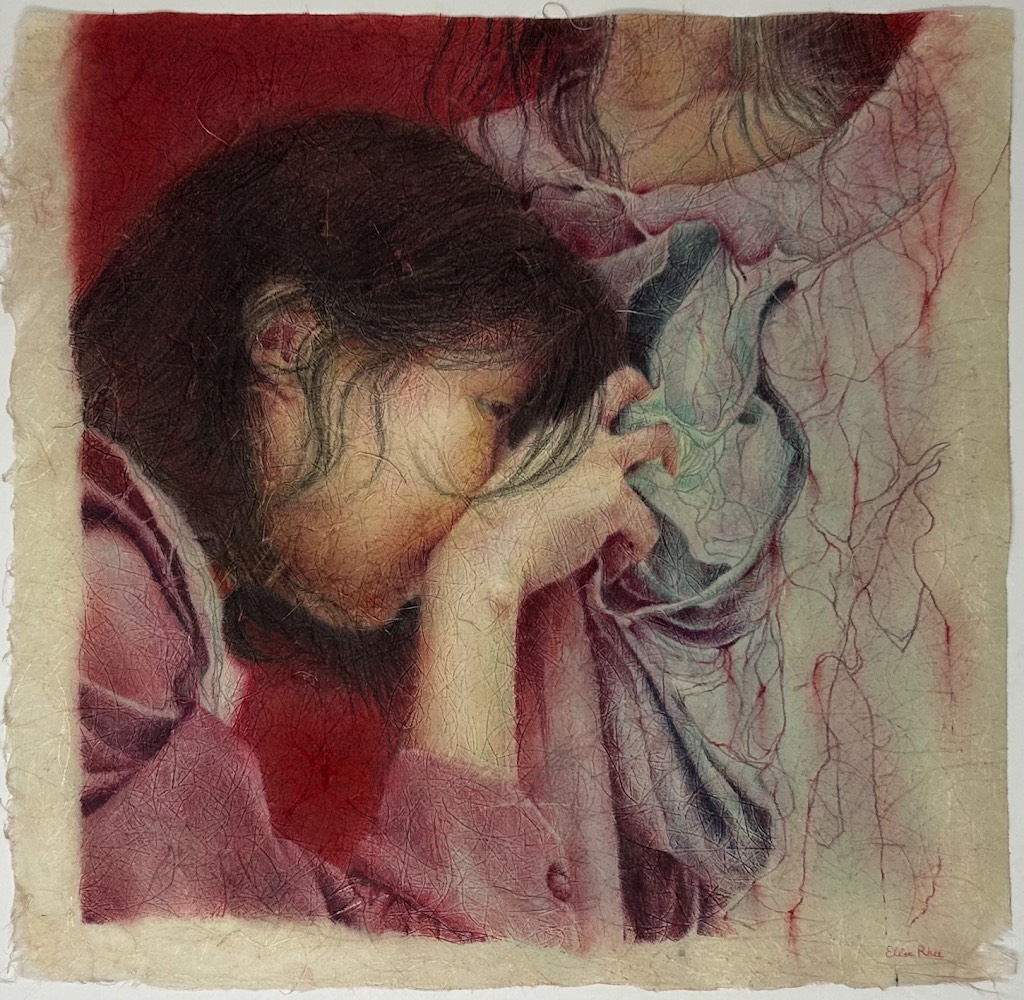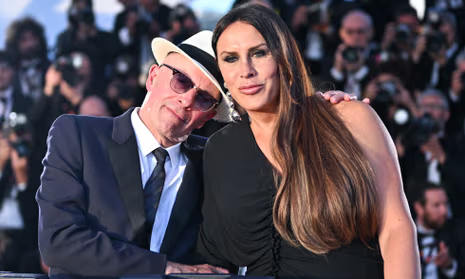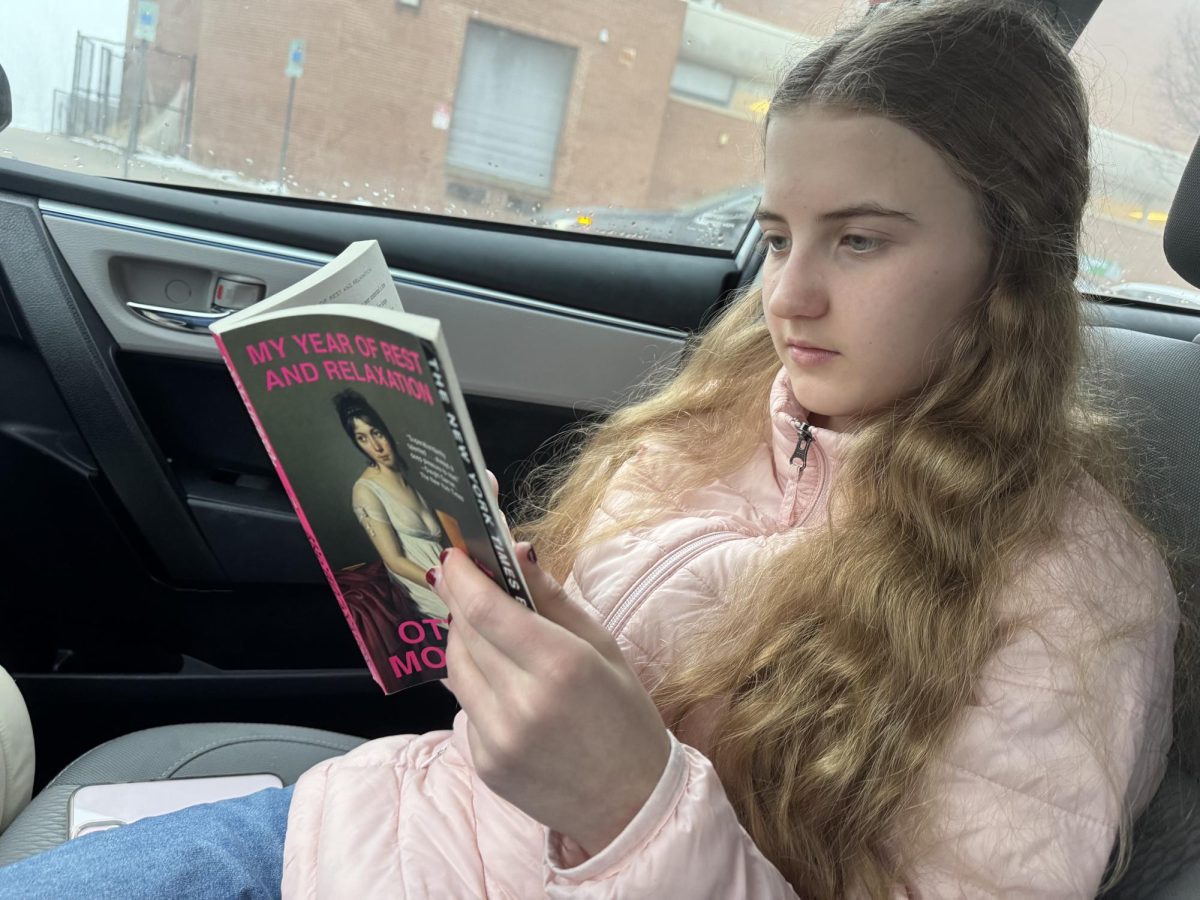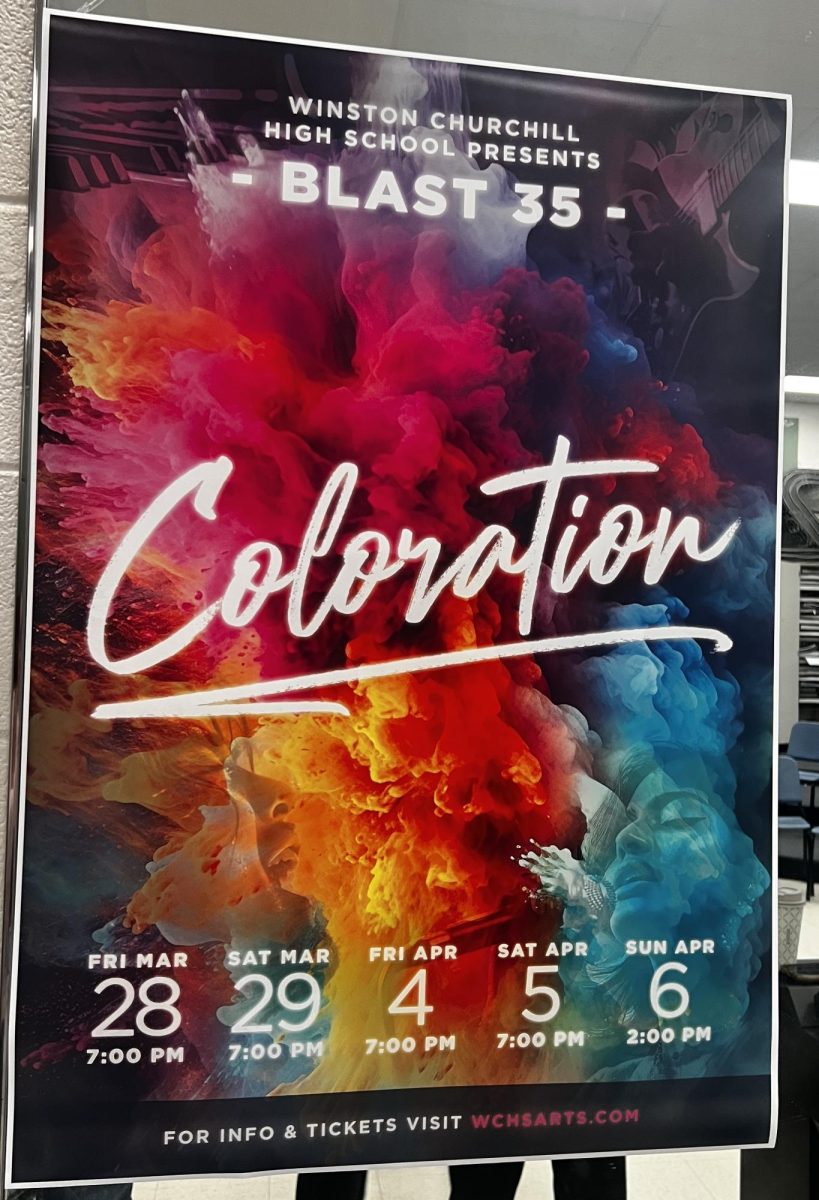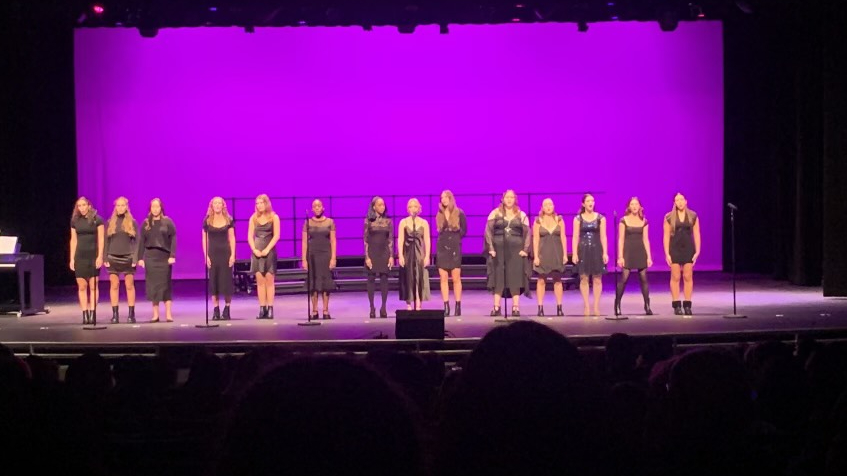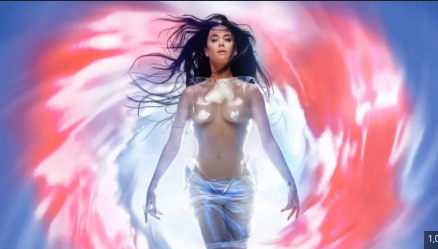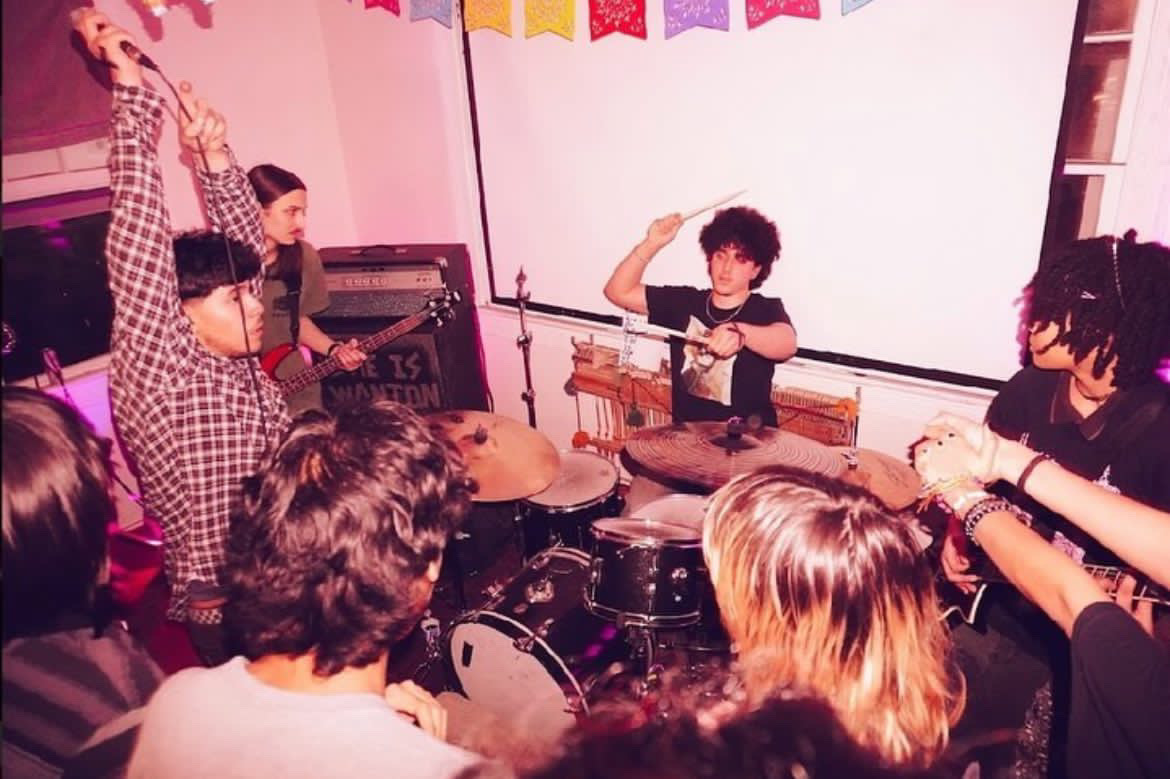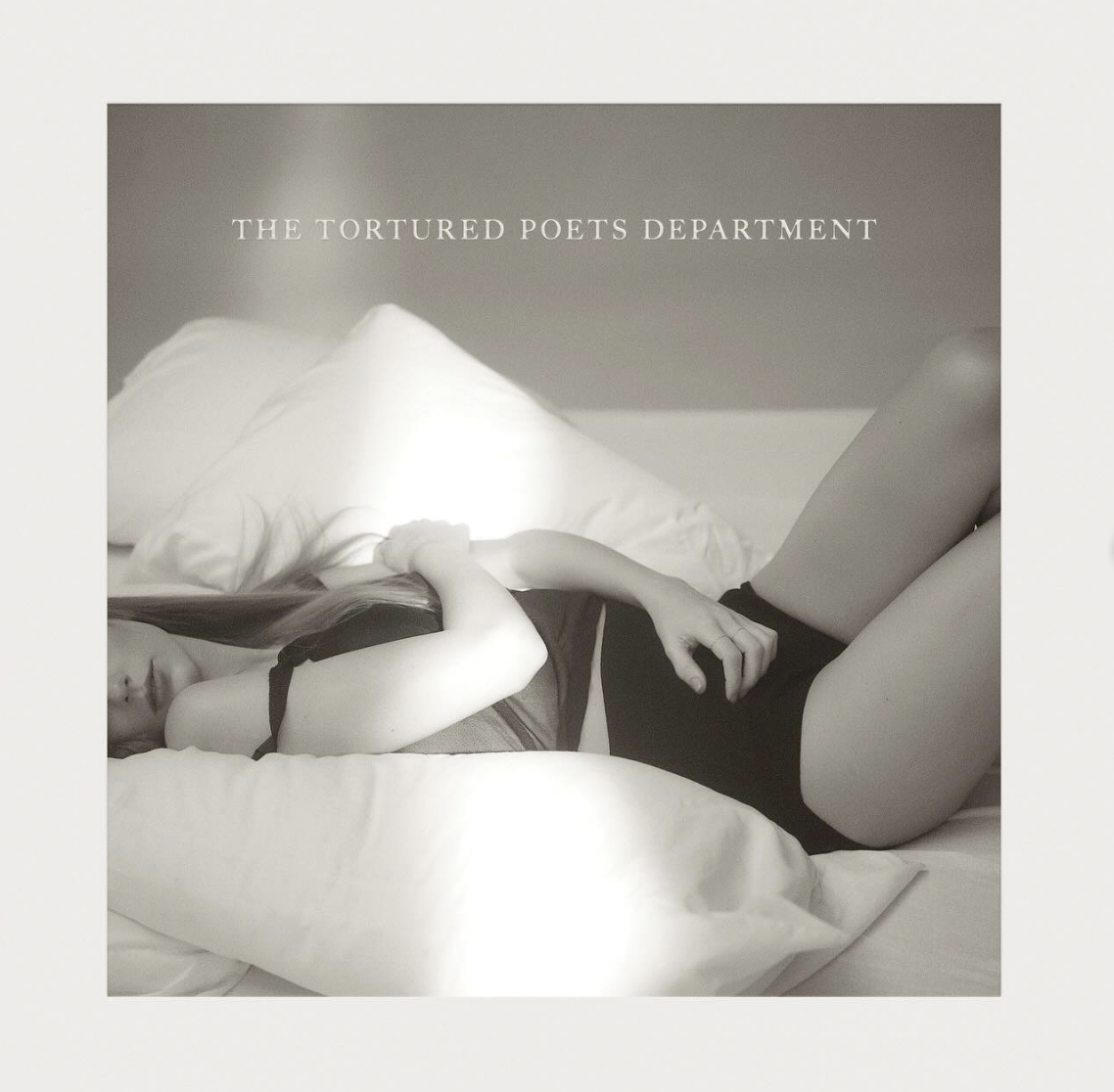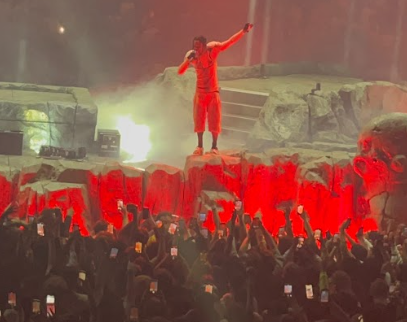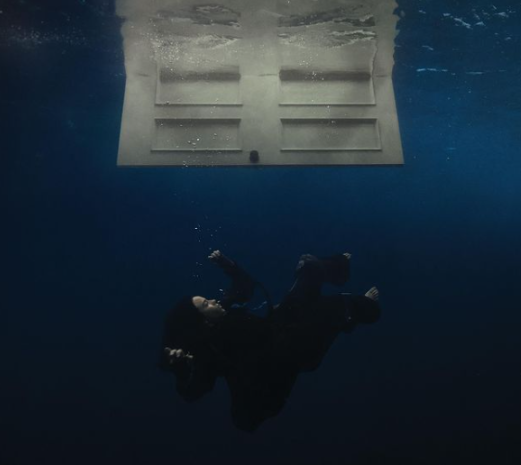In this new age of music, only those who can successfully blend genres to create music that touches every soul can make it in a cut-throat music industry. In two years, rapper Drake has gone from former-Degrassi-star-turned-rapper to the top of the charts with his mix of hard rap lyrics and emotional singing.
On his sophomore album Take Care, Drake goes back to the formula from his critically-acclaimed 2009 mixtape So Far Gone. Based on the mixtape’s track “Houstatlantavegas,” he turns the album into a story about living life to the fullest and embracing his newfound fame. Drake keeps the album’s overall feel close to home with Toronto producers 40, Boi-1da and T-Minus in charge of giving the album a single, coherent sound.
The album shows Drake’s acceptance of his stardom and the movement that he is trying to build. Starting off with “Shot for Me,” Drake taunts his past girlfriends who left him when he was poor. On “Headlines,” Drake solidifies his position in hip-hop with a standout track that affirms “that the real is on the rise.”
One of the most important moves on Take Care is Drake’s introduction of his new artist The Weeknd to the general audience. Appearing on both “Crew Love” and “The Ride,” and with writing credits on two others, The Weeknd gets enough exposure to boost the recognition of his already popular mixtapes House of Balloons and Thursday. Together, Drake brings out his OVOXO crew to mainstream popularity to create a national movement birthed in his hometown of Toronto.
The title track, “Take Care” featuring Rihanna, is a shift from the album’s overall sound. Produced by Jamie xx, the song about loving a person hurt by a past lover seems like it was written with Rihanna in mind, which is potentially possible as Drake wrote the entire song and Rihanna merely sang the chorus.
The middle section of the album proves to be its strongest, and Drake raps over three consecutive beats by Toronto producer T-Minus. “Under Ground Kings” has Drake rapping about his rise to the top over a subtle southern rap group UGK sample. “We’ll Be Fine,” the album’s stand-out track, is about Drake partying with his crew night after night. “Make Me Proud” featuring Nicki Minaj is not as strong as their collaboration on “Up All Night” from his debut album Thank Me Later, but the song is still a solid ode to the working woman.
Drake’s most lyrical bouts come toward the end of the album. Beginning with “Lord Knows,” Drake raps 56 bars that refute claims that he is “soft” because he raps about emotional topics, while the Rick Ross feature over the booming Just Blaze production makes the record a perfect premise for Drake to assert his dominance in the industry. Similarly, “HYFR” features Drake switching multiple styles in his verse about girls who ask more questions than he cares to answer, while Lil Wayne’s feature proves one of his strongest in the latter half of 2011.
What makes Drake’s bodies of work more cohesive and interesting than other artists’ records is his personal lyrics and honesty, something that Drake further develops and highlights on Take Care. “Look What You’ve Done” is an open letter to Drake’s mother and uncle, chronicling the ups and downs of their relationship from a first-person narrative. “Practice” features an impressive take on Juvenile’s 1999 southern classic “Back That Azz Up,” turning the New Orleans-inspired bounce anthem into a smooth, R&B track.
While the album is similar to the successful formula from his debut album Thank Me Later, the return to Drake’s Toronto roots and his So Far Gone-era sound makes the album much more of a solid body of work than a collection of successful singles. The production is much tighter, the rhymes are much harder, the harmonies are more melodic, and Drake is at the finest that he has been in his entire career.


